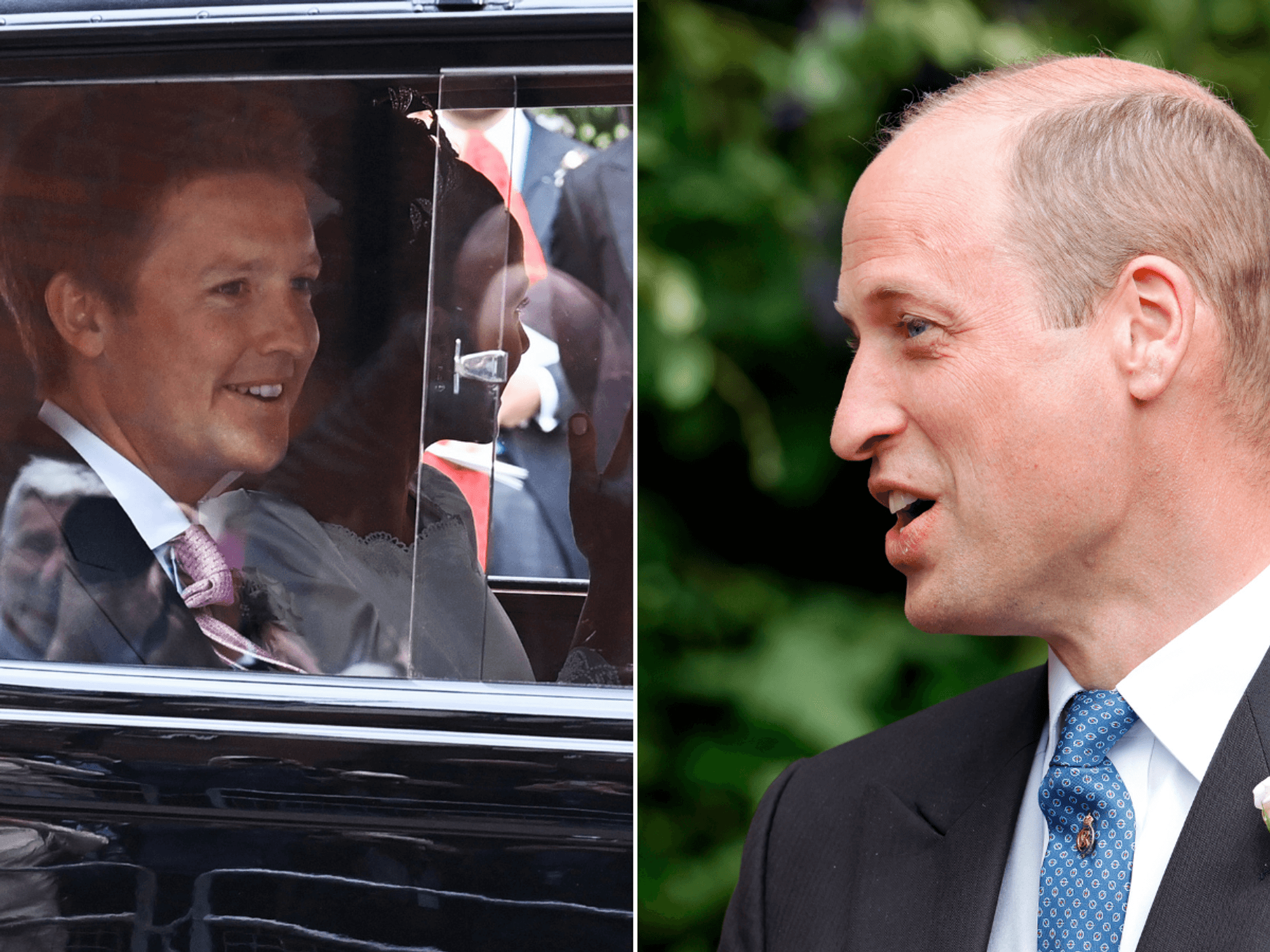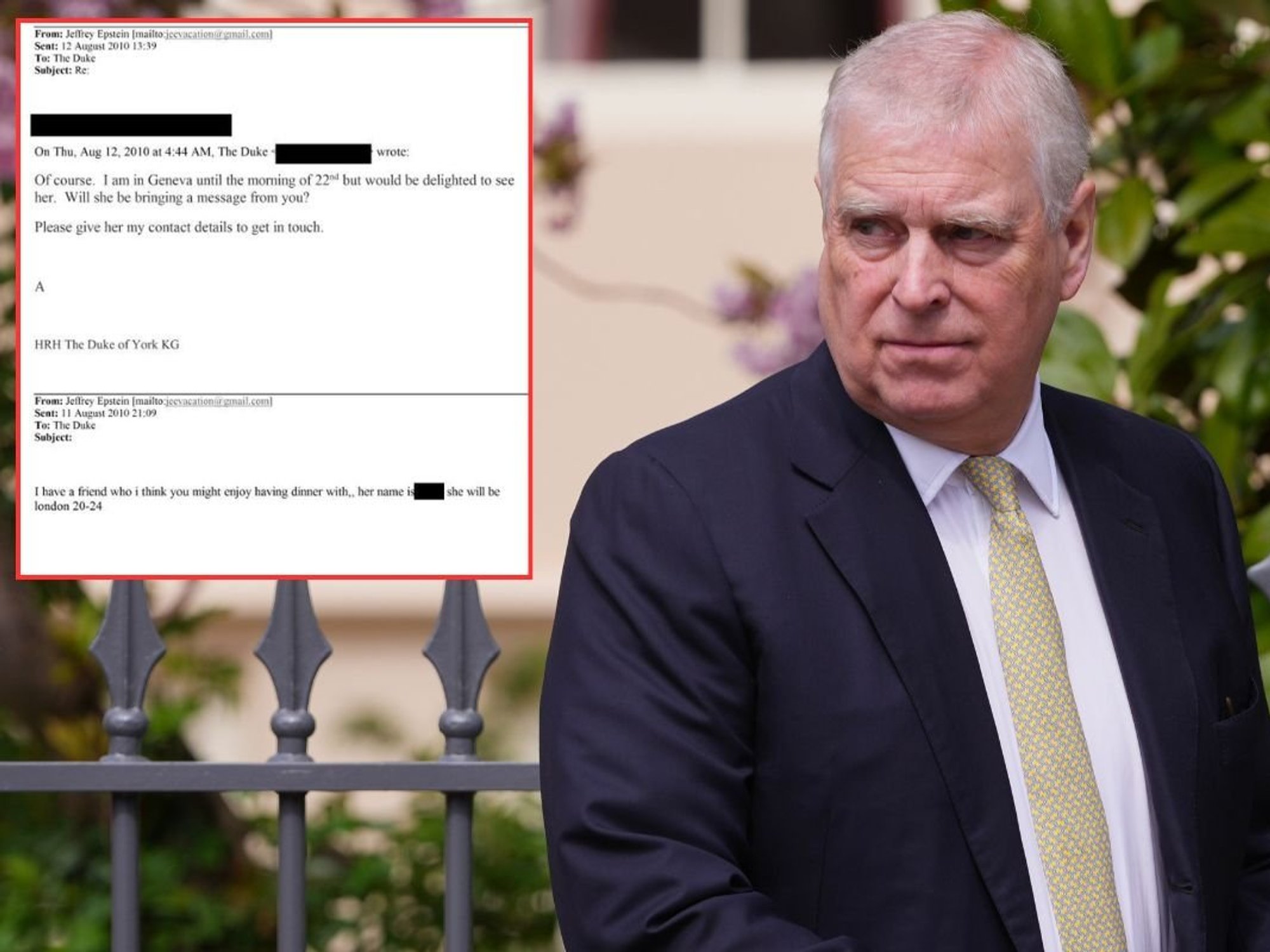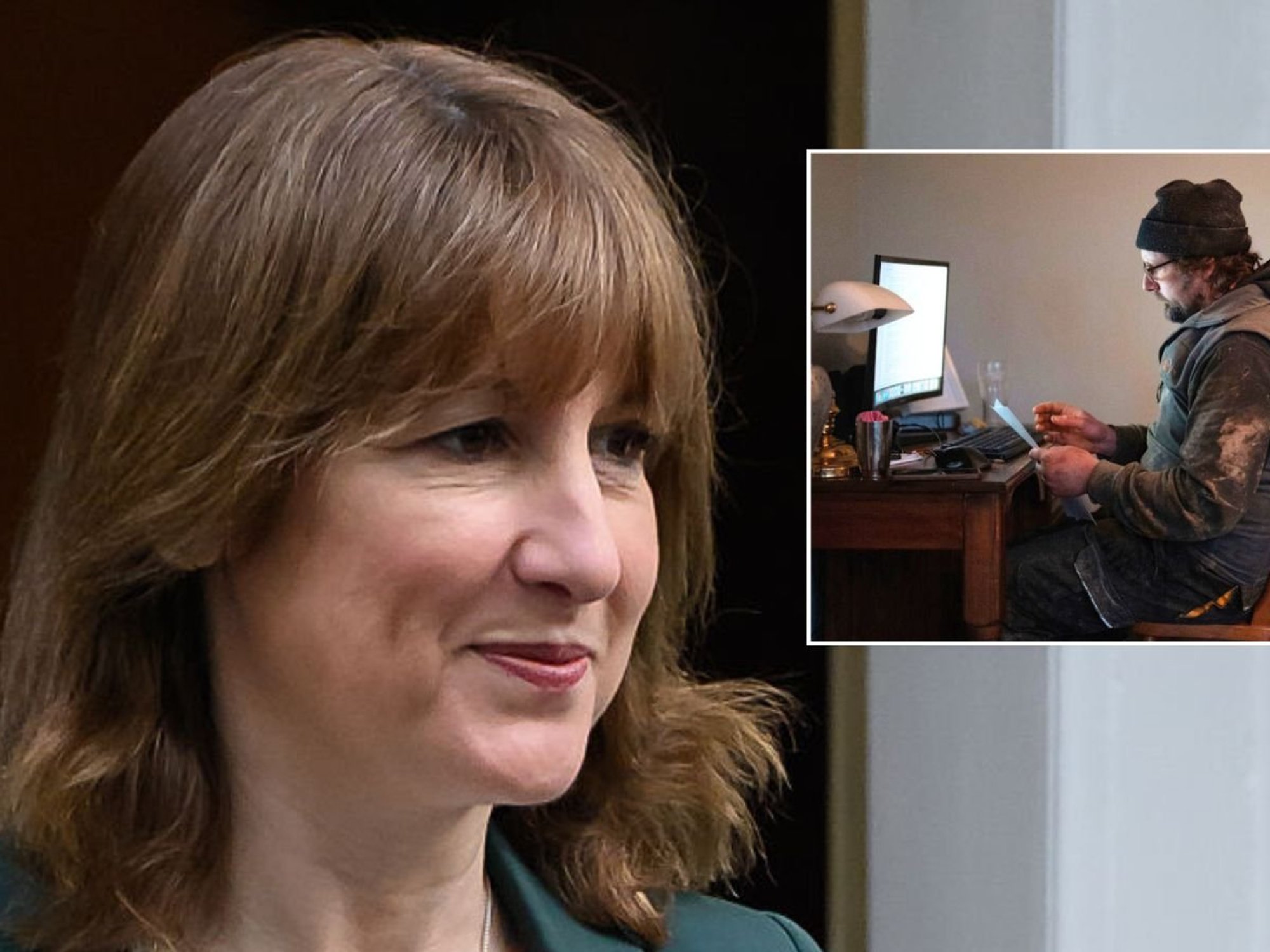DWP issues urgent warning as millions of Britons could have money taken from their accounts
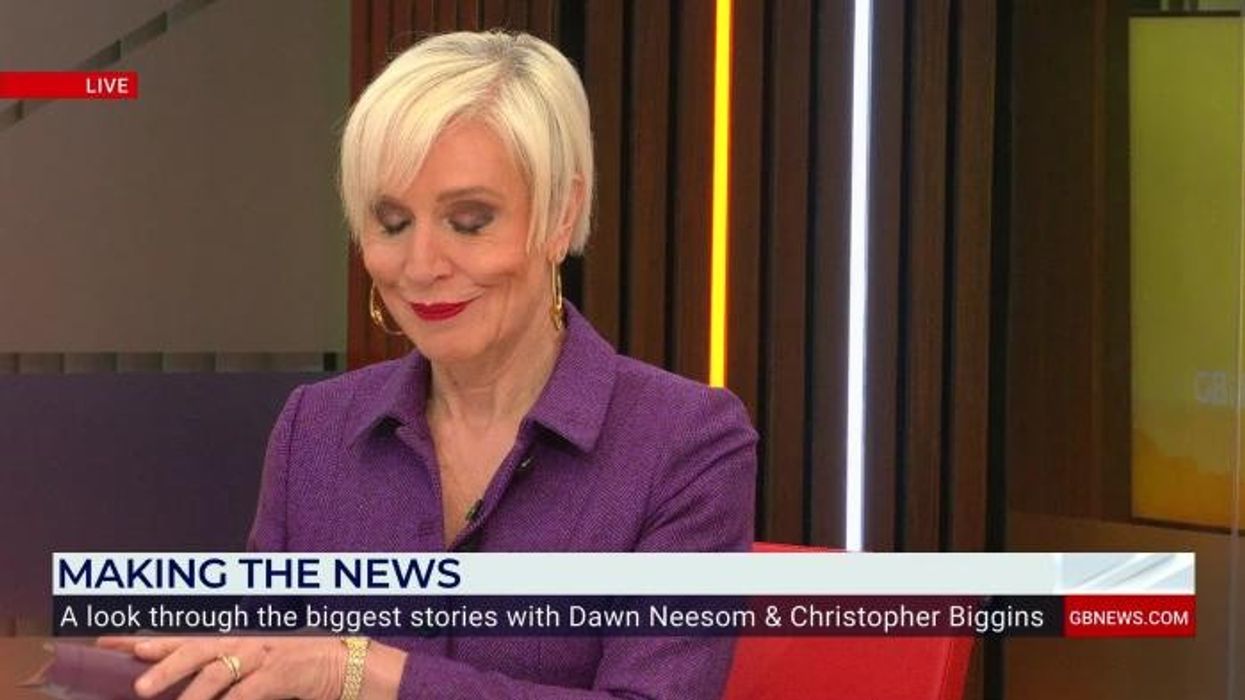
GBNEWS

Anyone receiving suspicious messages should forward them to 7726 for verification
Don't Miss
Most Read
The Department for Work and Pensions has issued an urgent warning about fraudulent text messages as people have money taken from their accounts.
Britons are being caught out by texts encouraging them to claim their Energy Bills Support scheme money by a specific deadline.
A text circulating on iMessage, Whatsapp and other messaging platforms falsely states that the DWP is awarding an energy allowance of between £200 and £300 to eligible residents to help with household bills under a “Welfare Policy for the 2024–2025 financial year”.
The message claims "the system shows that you are eligible" and directs people to a suspicious-looking web link, asking them to complete an application by July 18, 2025.
It also encourages users to reply "yes" for assistance, claiming a staff member will support them.
The full scam text reads:
"DWP Energy Allowance Policy Notice:
The DWP will be awarding eligible residents an energy allowance of between £200 and £300 to help with household electricity, gas and heating bills in line with the Welfare Policy for the 2024–2025 financial year.
The system shows that you are eligible. Please visit the link below to complete your application by July 18 2025. Late applications cannot be processed.
If you need assistance, please reply 'yes' and a member of staff will be able to support you."
This message is not legitimate. The DWP has confirmed that no such energy support scheme currently exists, and urged the public not to click suspicious links.
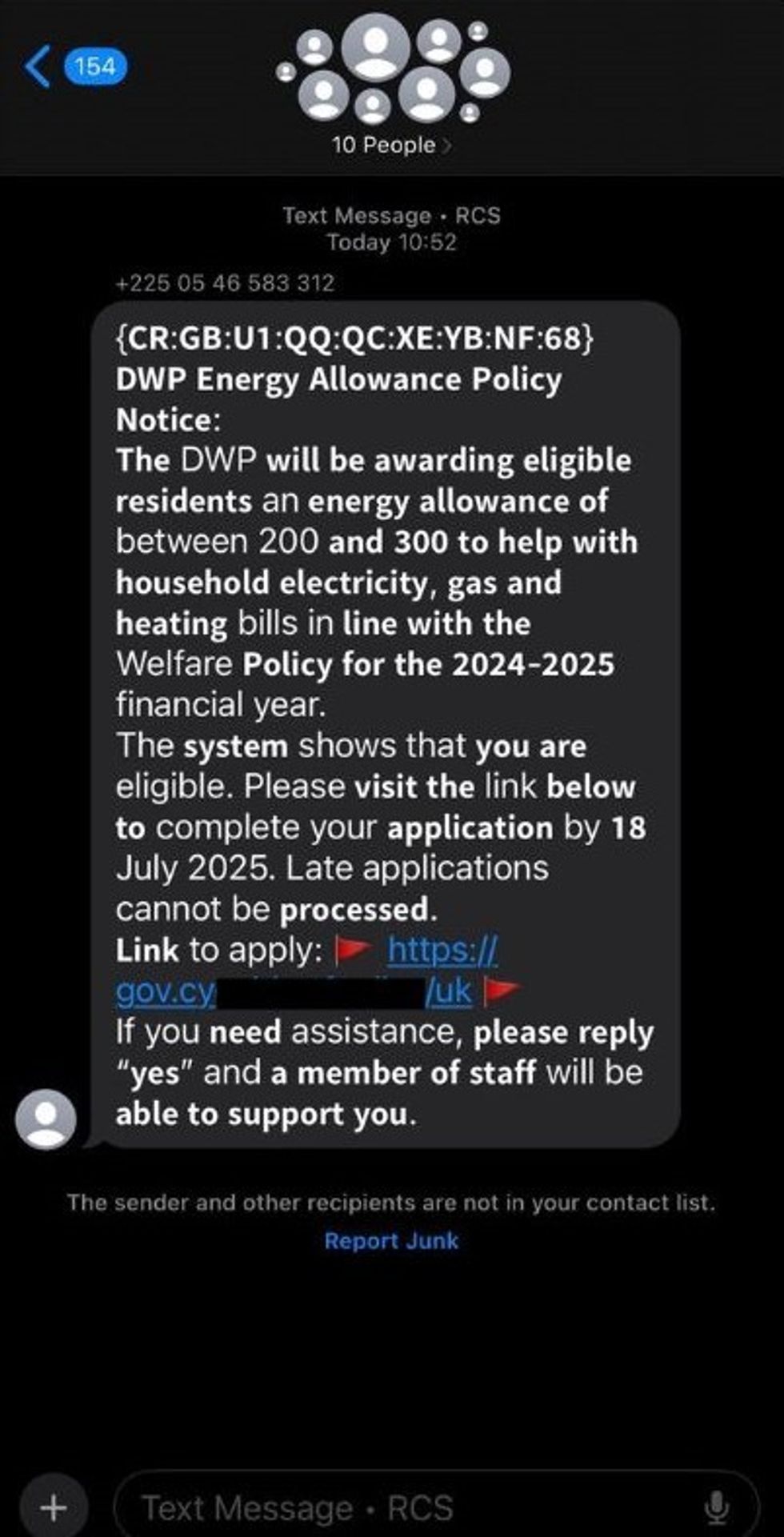
This message is not legitimate
|GBNEWS
A DWP spokesperson told GB News Money: "The Energy Bills Support scheme ended on the 1st of April 2024.
"If you have any doubt whether a text is genuine, forward it to 7726 and you will receive a reply confirming if it’s legitimate."
The 7726 number is a free reporting service that allows users to send suspicious texts for verification.
Once forwarded, Government analysts assess the message and, if it's confirmed to be a scam, they may take further steps such as:
- Shutting down phishing websites
- Working with mobile networks to block the sender
- Sharing scam warnings via official DWP social media

Anyone could fall victim to such scams
| GettyScammers are increasingly targeting people via text with offers that appear to come from trusted Government bodies, hoping to gain access to personal or bank information.
What to do if you receive a suspicious DWP message:
- Do not click on any links in the message.
- Do not reply with personal information.
- Forward the message to 7726 (free from most mobile networks).
- Delete the message from your phone once reported.
 Many texts create false urgency by claiming imminent deadlines | GETTY
Many texts create false urgency by claiming imminent deadlines | GETTY The DWP’s official advice is to only act on messages sent from trusted sources and to always check the official GOV.UK website for updates on welfare or energy support schemes.
Those who already clicked the link or given out details, are urged to contact their bank immediately and report the incident to Action Fraud via www.actionfraud.police.uk.
According to Which? research, around 6.6 million people have lost money in the UK to online scams in the last 12 months to November 2024, with typical losses reaching £1,730 per victim.
Government impersonation scams are particularly prevalent, with National Trading Standards data revealing 73 per cent of UK adults have been targeted by fraudsters claiming to represent Government departments including HMRC. Of those approached, 35 per cent suffered financial losses.






